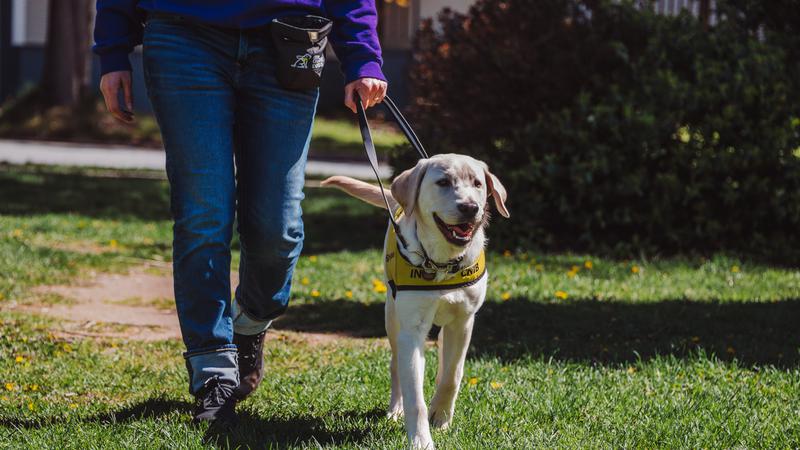
‘We agreed to share, not surrender’: FSIN weighs in on separatism talk
The Federation of Sovereign Indigenous Nations is warning Alberta Premier Danielle Smith that provinces have no legal right to surrender from Canada as they have never agreed to surrender their lands, only to share them.
Smith has left open the door to separatism talk that is being pushed by some groups of disgruntled voters, a door that Saskatchewan Premier Scott Moe has also refused to shut.
Now, Indigenous leaders in both provinces are reminding both governments that all of the land in question is governed by treaties that were written before their provinces were created.
“As a reminder, we are the First Peoples of these lands and waters,” stated FSIN Chief Bobby Cameron. “Those that want to leave are free to do so but all the lands, waters, and resources are First Nations, and were negotiated in the various treaties across Turtle Island. Our Treaties were and are still here long before the so-called western provinces became provinces.”


